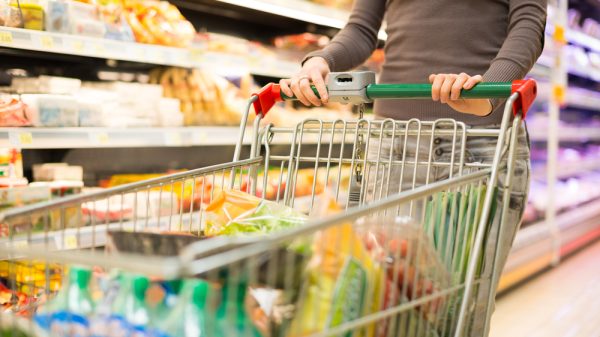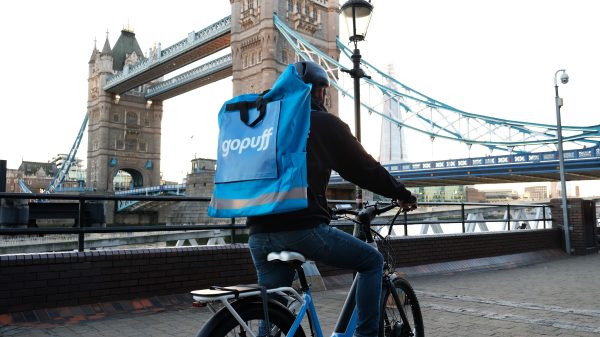Supermarkets are being called upon to report and reduce their food waste, reveals a report being delivered at COP26 later today.
According to an academic from Aberystwyth University, supermarkets, councils and hospitality venues should all be required to disclose how much food they waste and meet clear annual reduction targets.
Food loss and waste make up 10% of global greenhouse gas emissions, while over a third of the food produced for human consumption is lost or wasted each year.
“COP26 is an urgent opportunity to get countries to reduce their greenhouse gases, and decreasing food loss and waste is a key part of that,” stated Dr Siobhan Maderson.
“At the moment, most of the work on decreasing food waste is focused on consumers and householders, but our research points to waste and inefficiencies throughout the food system… and as a result of highly restrictive contractual specifications between suppliers and retailers.”
Maderson and her research colleagues’ policy proposals appear in a report which will be released at the UKRI exhibit at the COP26 climate summit today (Monday 8 November).
The recommendations include:
- mandatory measuring, stating and reduction of food loss and waste in supplier-retailer contracts,
- requiring supermarkets, hospitality and local authorities to disclose all food loss and waste and set annual mandatory reduction targets,
- supporting more efficient, less wasteful supply chains through increased public procurement directly from suppliers, and
- standardised definitions and terminology for classifying food loss, waste, surplus, inedible parts and destinations of food loss and waste.
READ MORE: Iceland could miss plastic-free targets, admits boss
The researchers also call for further investigation into infrastructure support for food loss and waste distribution hubs, and the way information about the environmental, social and economic impact of our food systems is collected.
“We need to look beyond individual household waste, and address loss and waste at all points in the food system,” Maderson continued.
Large, complex supply chains result in overproduction and overstocking. Unavoidable waste, as well as spoiled or damaged food is usually sent to landfill, due to current regulations on repurposing food loss and waste.
“We need to develop systems that can overcome siloed thinking about the causes and responsibility for food loss and waste, and support collaborative efforts to make food systems more environmentally efficient, and socially just.”
The United Nations Sustainable Development Goals aim to halve per capita global food waste at the retail and consumer level, and reduce food losses along production and supply chains by 2030.
Click here to sign up to Grocery Gazette’s free daily email newsletter










